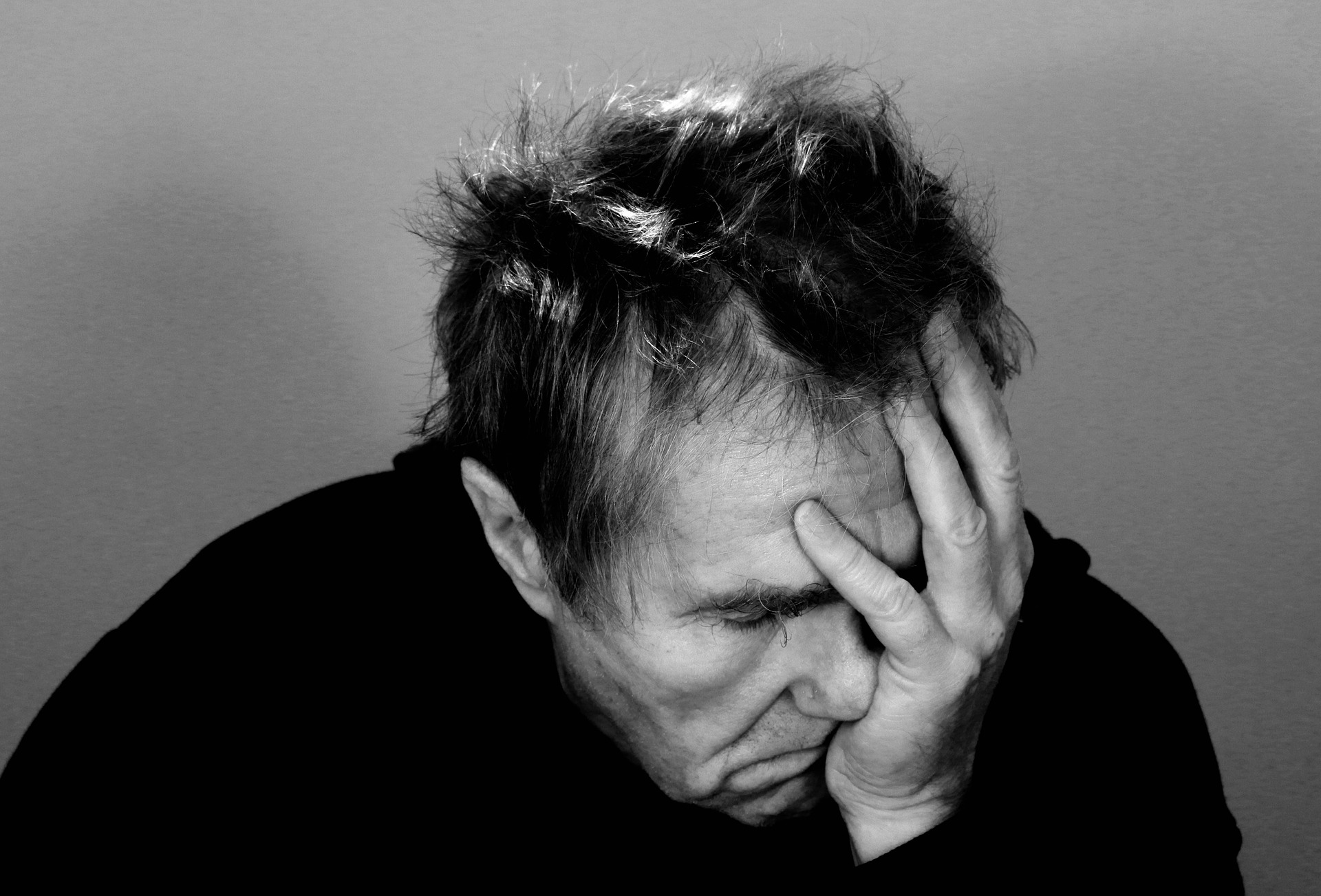Most people who have a job, have taken a drug test. Prior to the mid-80s, it was just about unheard of, employers believed more in lie detector tests for pre-employment. Since drugs have taken over society, it is imperative for companies to give drug tests. They aren’t only for pre-employment, but usually, companies test their employees randomly after being hired.
Of course, there are employees that aren’t on any drugs unless they are prescribed to them. Then, some employees choose to quit the use of illegal drugs because they don’t want to take the chance of losing their jobs. Then, you have those employees that just don’t really care if they lose their job. If an employee is hurt on the job, they are immediately tested at the hospital. However, any other time that they are drug tested, they use one of the many ways that exist to pass the test. If they didn’t use one of these alternatives, they would literally burn a hole in the cup. Usually, the random tests are announced, that way everyone can be ready just in case their name is chosen to actually be tested.
There are several different ways to do a drug test. The urine drug test is the most common. How long a drug can be detected in urine varies with each drug. Saliva tests are basically more recent drug use, it usually only detects the last few days. Blood tests determine drug use at that very moment. Then, the test that truly tells the tale is hair follicle tests. They tell which drugs have been used for up to 90 days.
Honestly, with marijuana or cannabis, the question of how long it stays in your system depends on your usage. The THC in the drug stays in your system longer because of the way it stores itself in your body. One single use can show for three days, while a regular smoker can take up to 90 days to get out of your system. Cannabinoids that break down from the THC are lipids, which means they store in a person’s fat cells, not blood. Hence, why they don’t show so easily in a blood test. They can excrete through urine, but since they are fatty molecules, they are usually cleared by stool. So, how do you pass a urine drug test after smoking marijuana? Well, common sense says that the best way is to not use marijuana in any way. However, if you insist on continuing use and needing to pass a test, there are several ways to do it.
The next way to pass a urine drug test is to get someone who doesn’t use drugs to P for you and then try to sneak it in today testing facility. Remember, the urine has to be 98.6°F, which is a person’s normal body temperature. This is the most effective way, but only if no one is watching you. Also, you can buy synthetic or fake pee. Make sure that it has Uric Acid in the ingredient when you buy it, some labs test for it, to make sure it is real. It usually comes with a heating pad so you can make sure it’s the right temperature.
Since the THC is stored in fat cells, doing exercises that help burn fat can help get rid of the cannabinoids. Don’t do any of the exercises the day of the test.
Green vegetables are full of iron and other vitamins and minerals. These can help to get that metabolism going, which will make it easier to burn fat. Be careful listening to your friends about how to pass a urine test.
There are more stories than there are remedies and it would be horrible if you went through a bad experience and still failed the test. First of all, do not drink bleach, it can kill you easily. Don’t chew denture cleaner, pretty sure all you are going to do is puke! Other things that just aren’t going to help you pass a urine test for THC are cranberry juice, vinegar (you are NOT an Easter egg), creatine, zinc, Goldenseal, and Niacin (although this is nature’s best antibiotic).
Drink lots of water for a few days before the test. This could possibly dilute the urine enough to get went to have a light level below the level that makes for a positive test. Be careful to not drink too much water, it will show diluted urine and send out red flags that you were trying to hide something.
No matter which process you choose, be sure to stay hydrated, eat properly, exercise and don’t smoke anymore in there I want to chill after the test. Casual smokers are easier to detox or mask then heavy smokers.
Another way to pass a urine drug test is Sure-Jell. It’s the easiest and cheapest when compared to other things that are ingesting to pass the test. Just makes a pack from the grocery store we had a 32-ounce bottle of Gatorade. Drink out of it three or four hours before test time. Be sure to P3 or four times before the test also.
There’s a one day detox that comes with pills, liquid, and fiber. It has vitamins, and minerals and herbs, making it all natural. It dissolves in your system, get rid of the THC and can’t be traced in any way.
The one specific for the person with a higher THC level comes with six capsules that are taking 12 to 24 hours before the test. They drink 20 ounces every two hours, it will take effect went to five hours later. Be careful because it wears off, so you have to time it just right.
Learn More
I will tell you what beats all of these concoctions, try delaying the test. Most drugs can’t be traced after a few hours in blood or saliva. So, if you could Delay it for just a day, your results could be different.
When you think you’ve read, all you should get a home test and take it to check the results. This way, if your chores didn’t work, you’ve got time to try another way. Every person‘s chemistry is different, so it might work for your friend, but not work for you.
Also, it couldn’t hurt to educate yourself. Eight minutes won’t get you anywhere, but knowledge might get you off the hook. Each state has different drug testing laws that dictate how both applicants and employees can be tested.
Read Also:






















